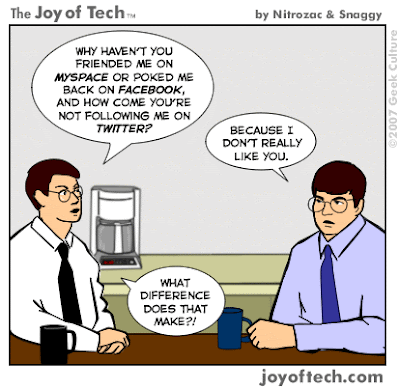This is a typical question asked by graduates. There is not one correct answer so instead the following post just discusses the subject, letting you make a better decision.
After deliberating your future career for three or so years, most will have some idea of what they want to do and this will draw them to apply for jobs in particular industries. Others may just send off applications to jobs with a decent salary and an appealing job description. Therefore these people are likely to send several applications, seeing as I have found few job descriptions that fail to extol the virtues of the job, no matter if everybody knows it is a boring job.
In this job market, unless you are a particularly strong candidate who has honed their CV for a specific career, you will probably find yourself interviewing for jobs that were not initially top of your list; jobs you didn’t really know existed. This is no bad thing; interview experience will prove very useful.
 The confidence you build from getting invited in for interviews and then a re-invitation to meet more senior people is quite addictive. At some point in the interview process, the penny should drop and you will suddenly think, someone other than my mum likes and believes in me. The ‘high’ you get from the belief these firms seem to have in you often helps carry you along what can be a grueling process. You will be busy applying for other jobs and preparing for interviews and therefore you may not pay particularly close attention to what the job entails.
The confidence you build from getting invited in for interviews and then a re-invitation to meet more senior people is quite addictive. At some point in the interview process, the penny should drop and you will suddenly think, someone other than my mum likes and believes in me. The ‘high’ you get from the belief these firms seem to have in you often helps carry you along what can be a grueling process. You will be busy applying for other jobs and preparing for interviews and therefore you may not pay particularly close attention to what the job entails.
The prospect of independence, money and the temptations of city life further helps convince you that the job you are currently interviewing for is a good one and the people who you have met seem friendly. If all goes well you will soon find yourself sitting in front of the boss. Suddenly you get a job offer and only then do you look closer into the job role and more importantly consider do you actually want it! This seems a silly question to pose after you have spent weeks interviewing; yet many graduates are scared by the fact there are a lack of good jobs and success in any interview process is better than being overly choosey and remaining jobless for longer.
Make sure you understand your motivations for applying for the job and what the job involves that will keep you interested. The promise of a salary and moving away from home is definitely not enough reason to accept an offer. However, graduates need to be aware that there are not a huge number of jobs available at the moment. They can’t dream up which job they really want and expect to get it. The typical 11 year old rock star/astronaut dilemma certainly does not apply.
To help to make your decision about if you should accept a job or not, consult people. Your family should be the first port of call and try to get the view of people from within the industry, either your friends who might be considering a similar job or older contacts. Recruiters you have worked with will also be able to help (they will be biased but will still give you an angle). Ideally you will have a mentor figure, who will be able to help you make these sorts of decisions.
You can always ask the employer from time to consider your options, but due to the number of people that will have applied for the role, you won’t be given much time, a week maximum, but normally just a few days. Remember the offer you have for a job may not be particularly lucrative, exciting or prestigious, however, it is a start. It lets you get on the career. Bare this in mind when looking at your options! For more information and chat about graduates and jobs, please follow this blog!
You can always ask the employer from time to consider your options, but due to the number of people that will have applied for the role, you won’t be given much time, a week maximum, but normally just a few days. Remember the offer you have for a job may not be particularly lucrative, exciting or prestigious, however, it is a start. It lets you get on the career. Bare this in mind when looking at your options! For more information and chat about graduates and jobs, please follow this blog!


